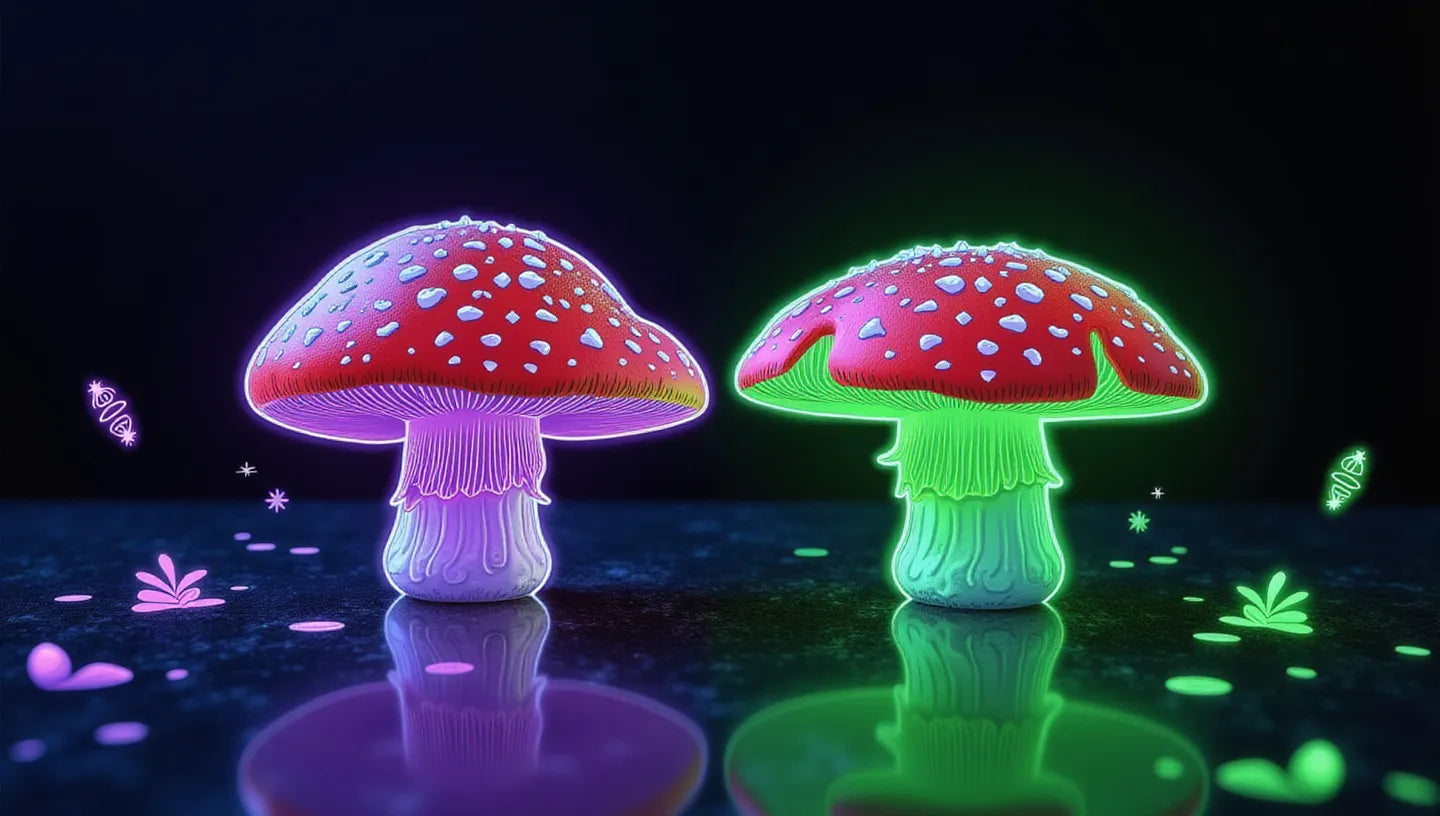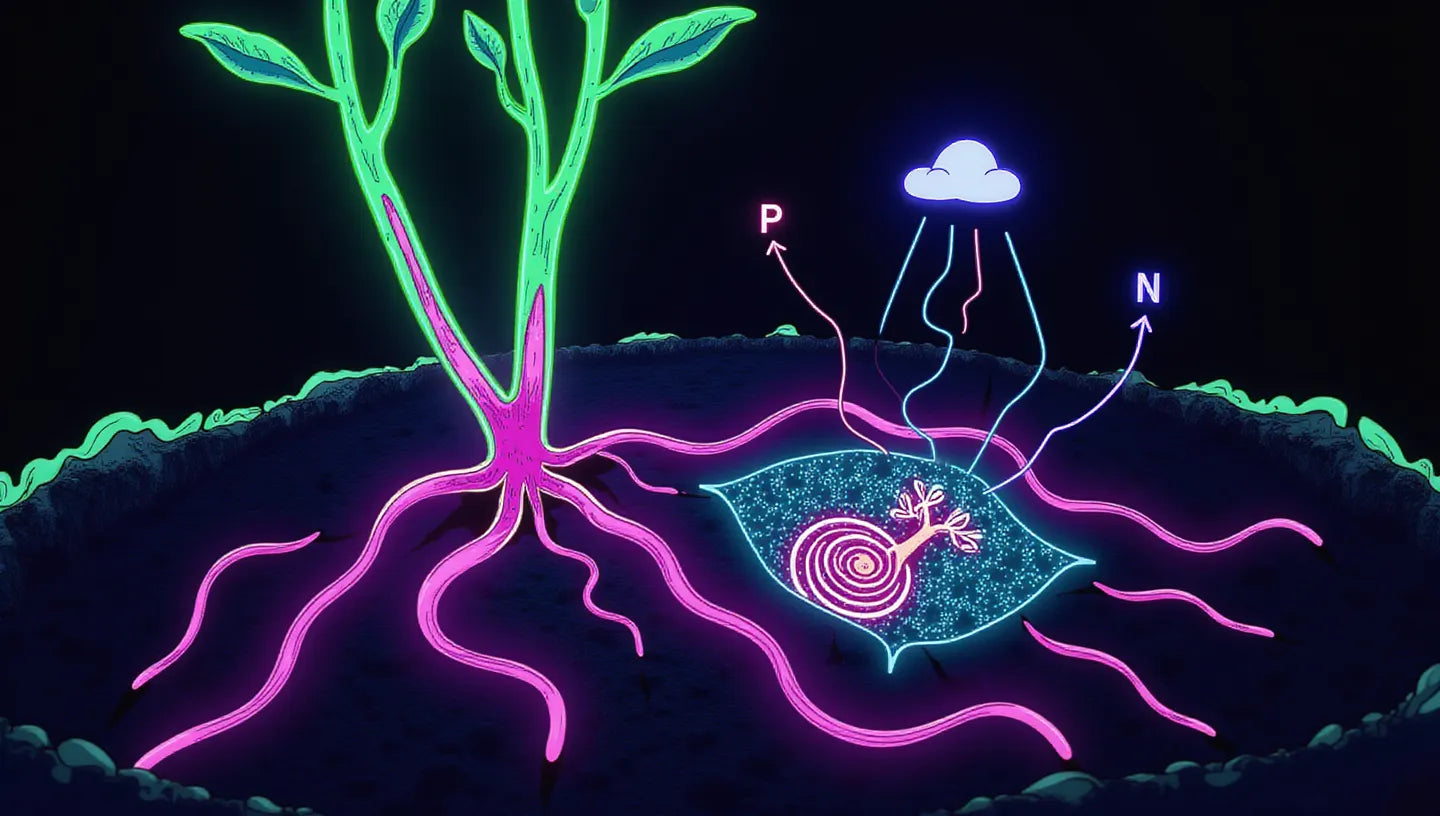Grower's Glossary
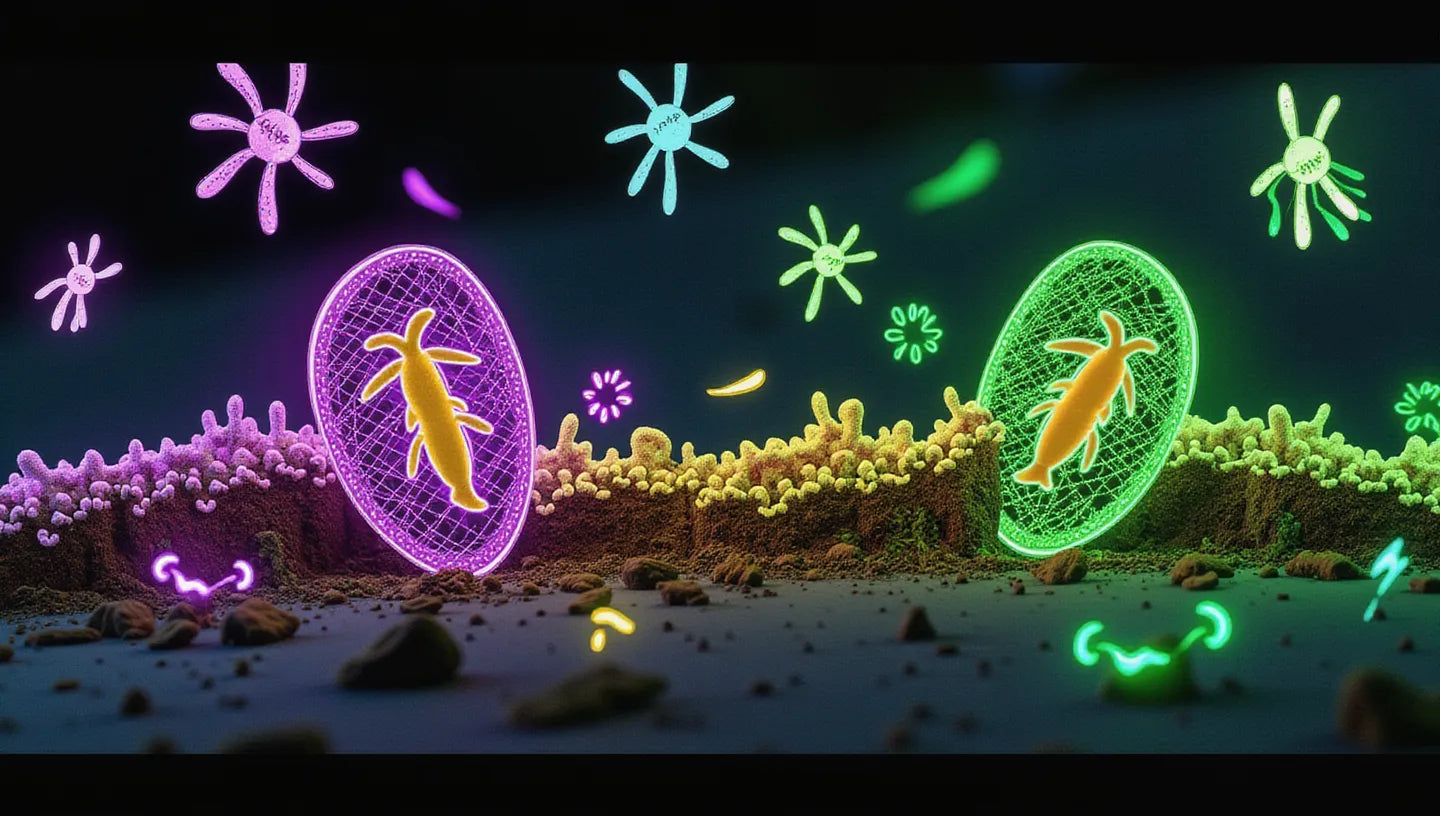
Nematophagous Fungi: Can They Control Crop Pests?
Learn how nematode-trapping fungi cut root pests, improve soil biology, and offer scalable, eco-friendly alternatives to chemical nematicides.
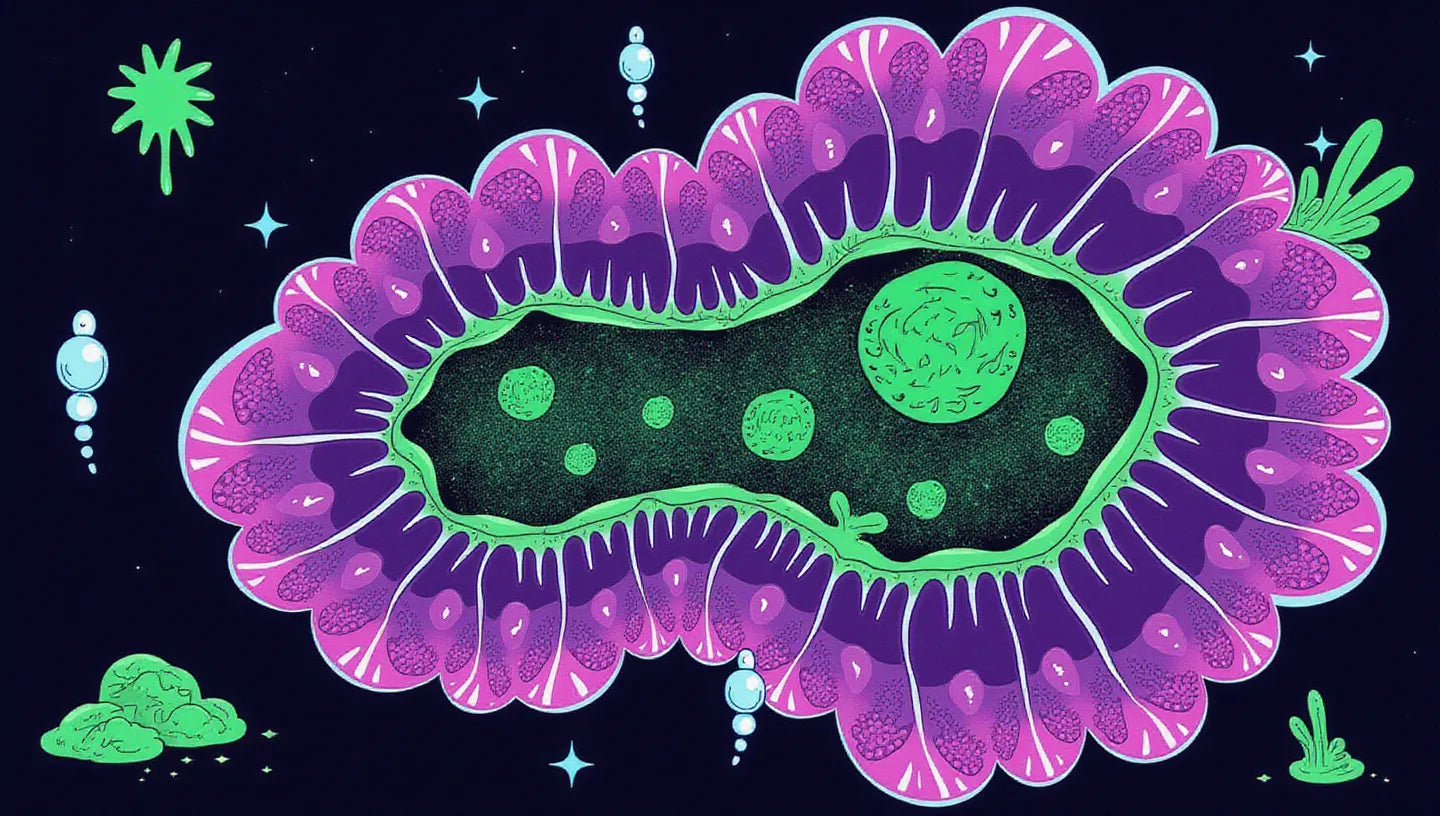
Mycobiont in Lichens: What Role Does It Play?
Learn how the mycobiont—the fungal partner in lichens—builds structure, protects photobionts, survives extremes, and shapes one of nature’s most complex symbioses.
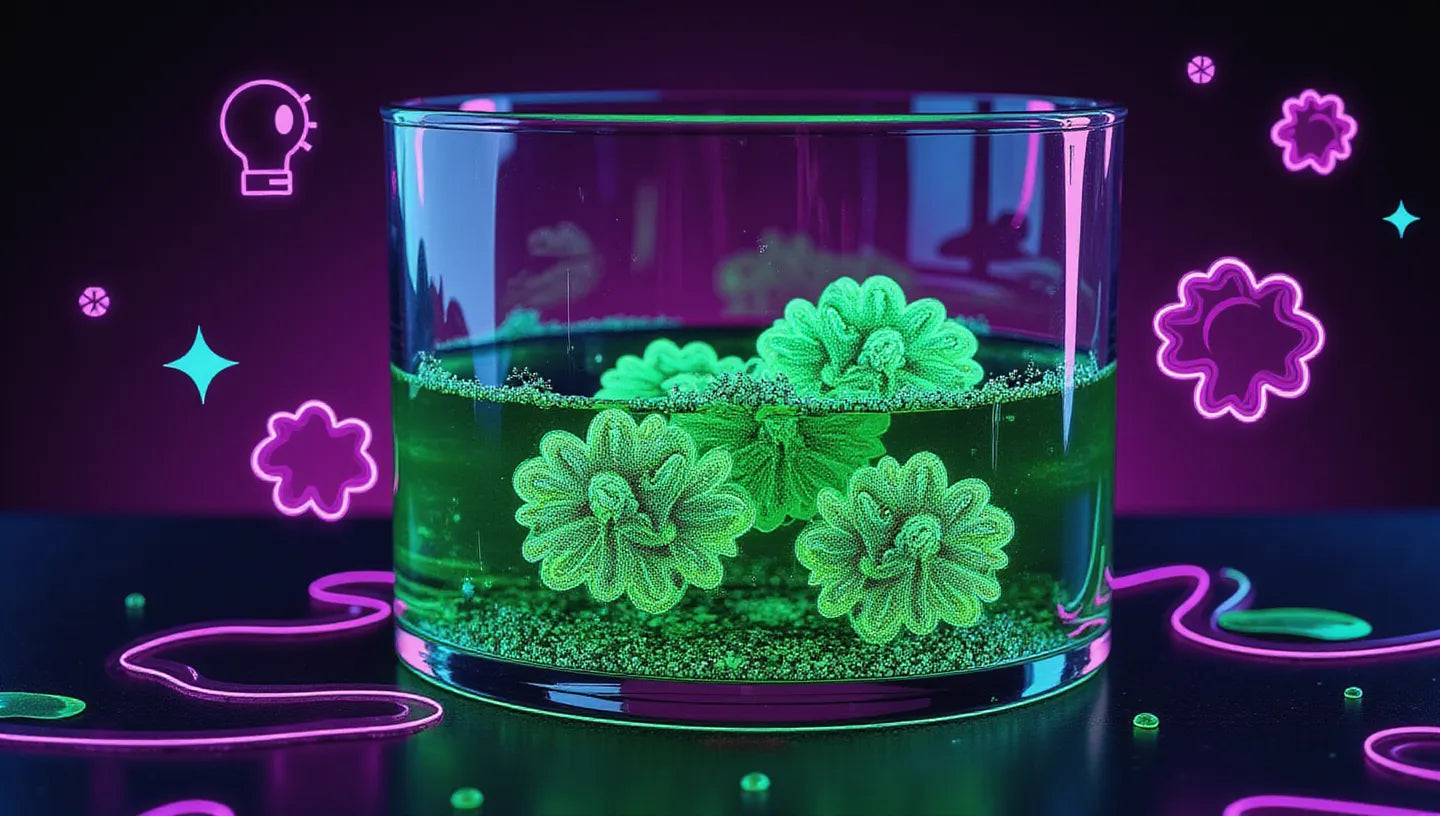
Fungal Morphology: How Does It Affect Fermentation?
Learn how fungal morphology—pellets vs. dispersed growth—affects oxygen flow, metabolite yields, and fermentation efficiency in both labs and home grows.
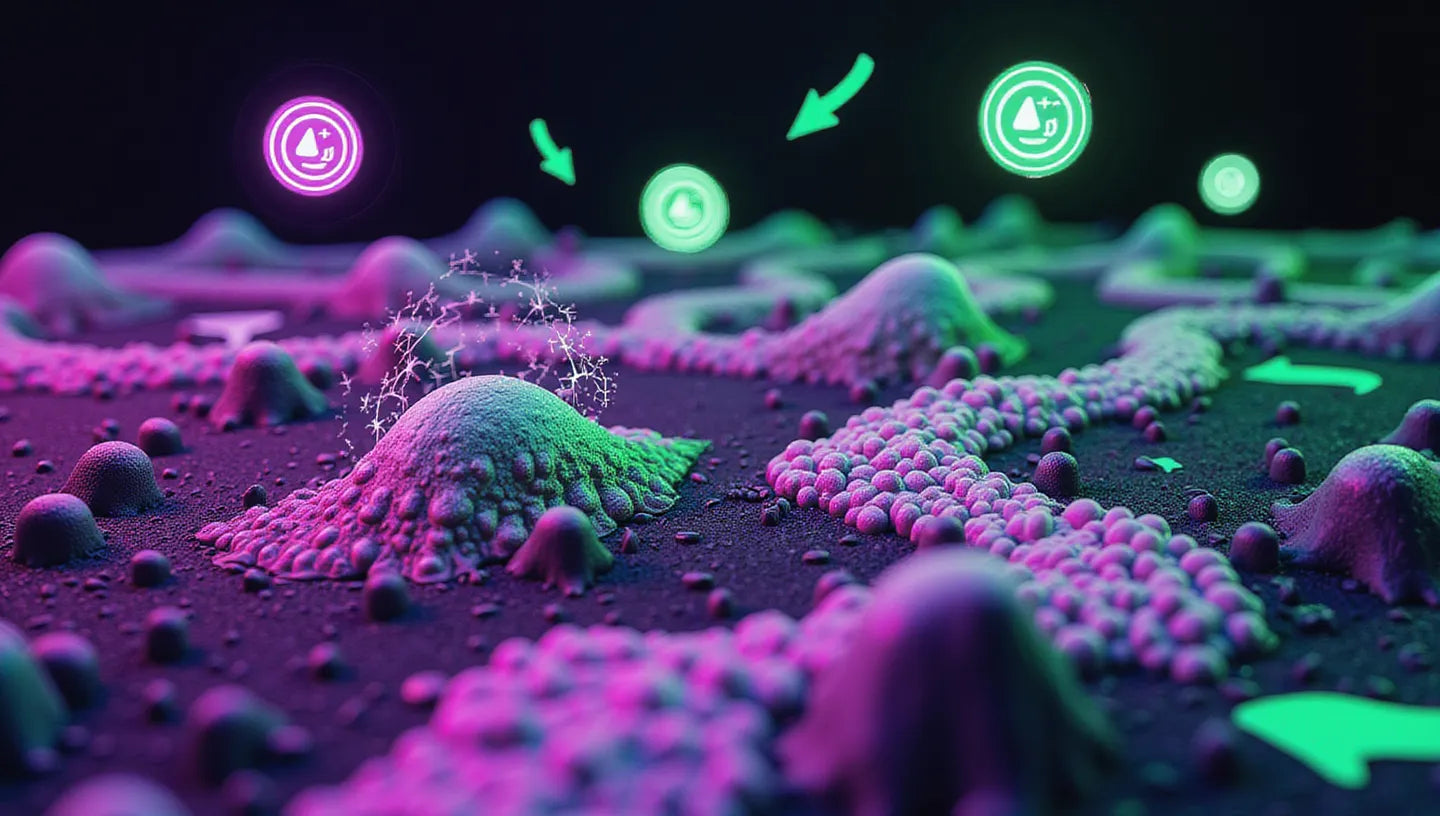
Mycoremediation: Can Fungi Really Clean Our Planet?
Discover how fungi act as nature’s cleanup crew—breaking down oil, chemicals, and even some heavy metals through mycoremediation to help restore polluted soil and water.
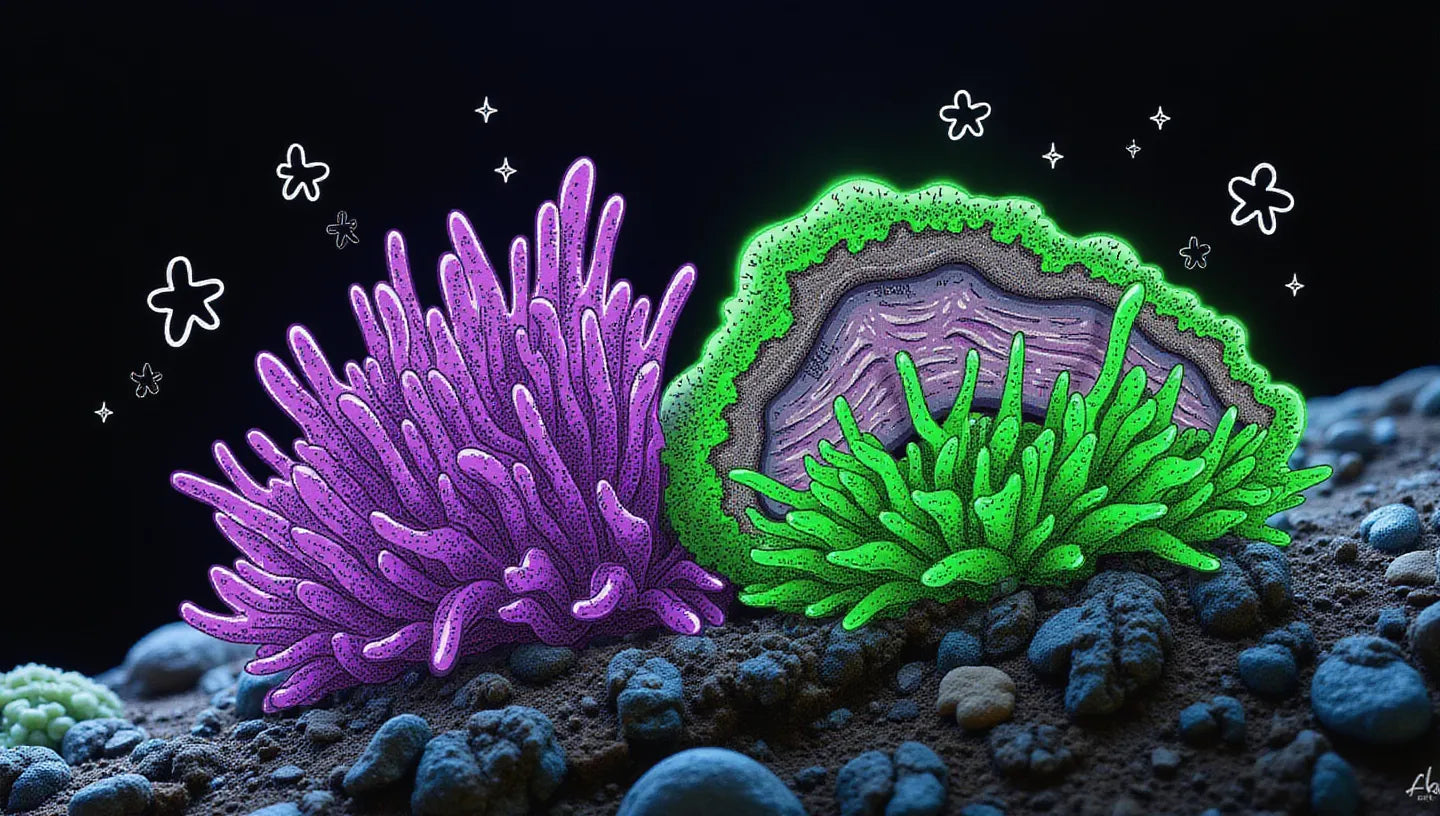
Lichen: Are They Plants or Something Else?
Discover how lichens survive harsh extremes, partner across species, signal air quality, and reshape what we know about fungi, symbiosis, and life on Earth.

Lugol's Iodine
Learn how Lugol’s iodine enhances cancer detection, stains fungal cells, and powers microscopy—bridging medical diagnostics and mycology with one versatile reagent.

Exciple Meaning: Is This Word Still Used Today?
Discover how endomycorrhizal fungi supercharge plant growth, nutrient uptake, drought resistance, and soil carbon storage—powering healthier, more resilient ecosystems.
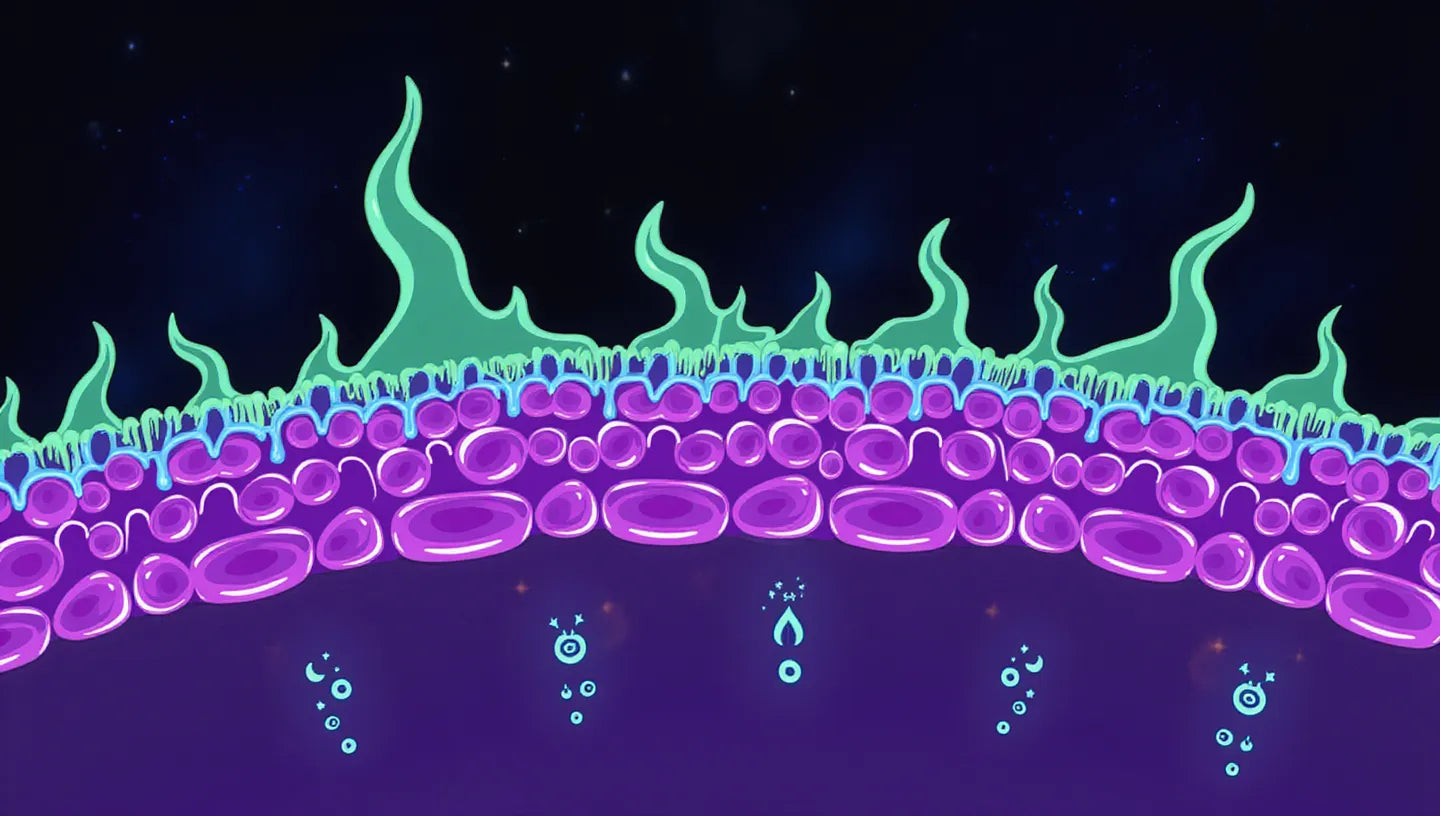
Epithelial Tissue: What Is It and Why Does It Matter?
Explore how epithelial tissue protects your body, supports immunity, and how nutrition and medicinal mushrooms can strengthen these vital barrier cells.
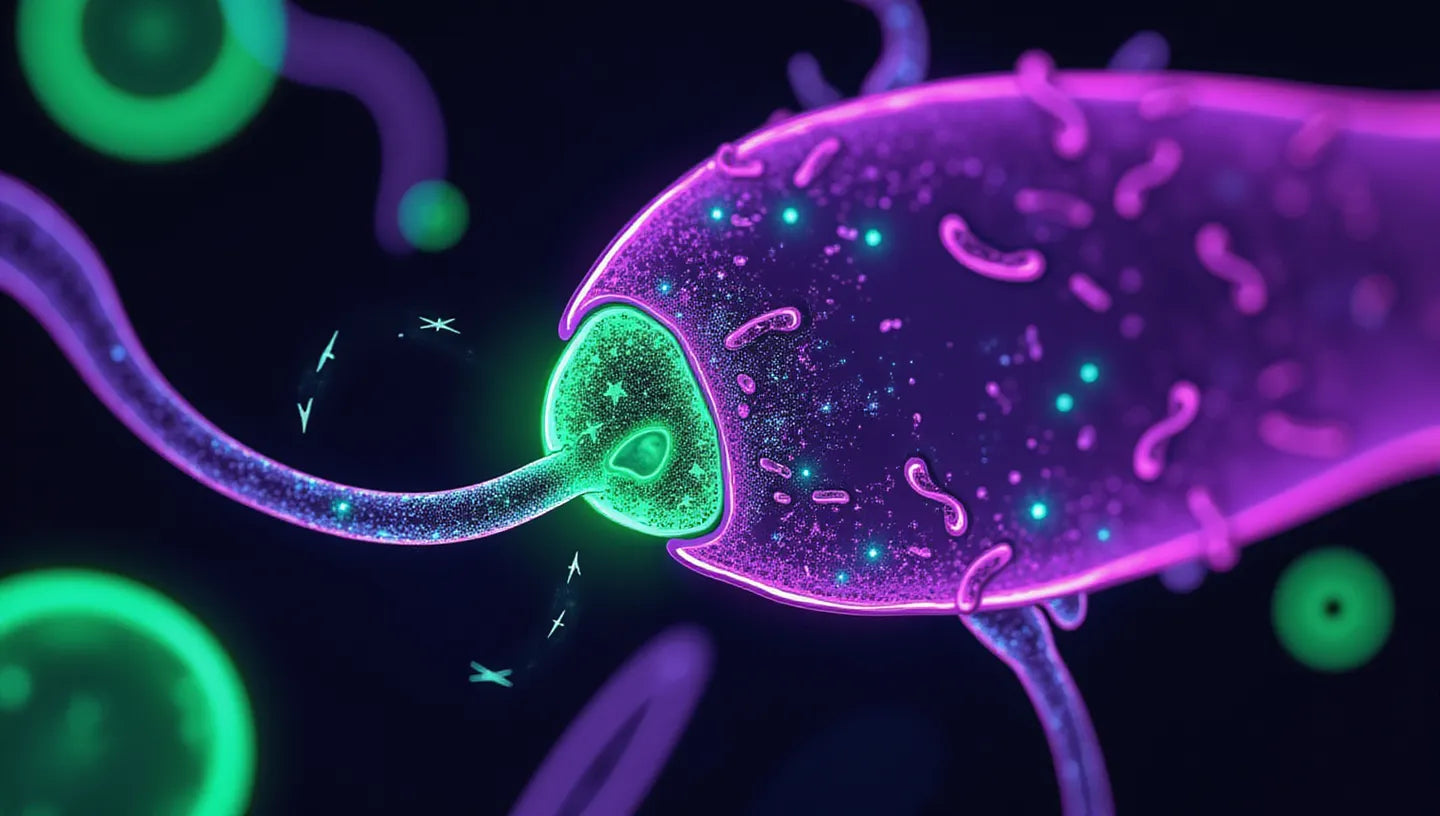
Germ Tube Test: What Does It Detect in Fungi?
Learn how the germ tube test rapidly identifies Candida albicans, guides life-saving antifungal treatment, and helps spot yeast contamination in mushroom grows.
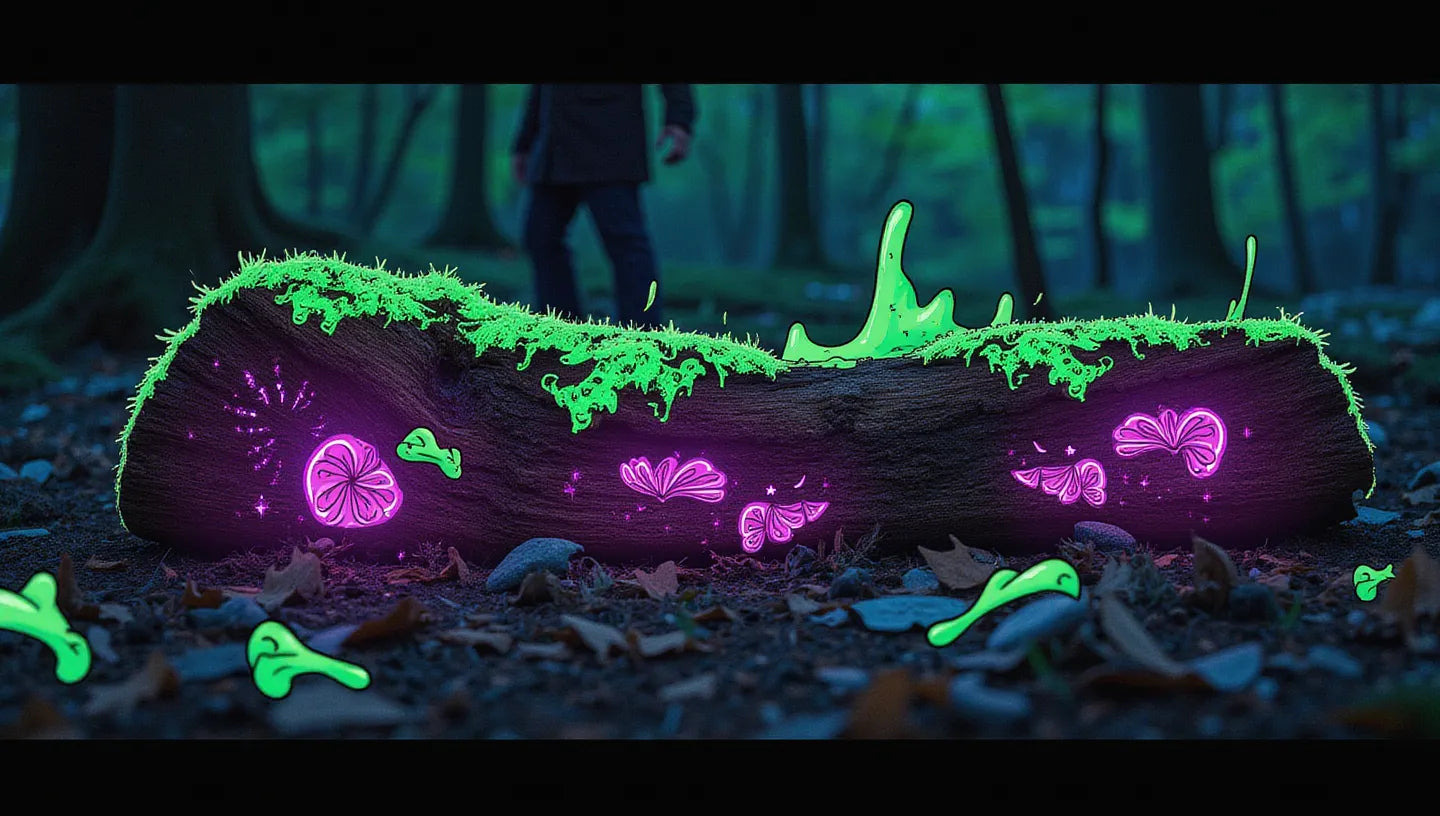
What Are Decomposers & How Do They Work?
Learn how decomposers like fungi, bacteria, and mycelium recycle dead matter into nutrients, enrich soil, and power healthier, more resilient ecosystems.

What Is a Haustorium in Fungi and Plants?
Discover how haustoria help parasitic fungi and plants invade hosts, steal nutrients, and impact crops—and why understanding them matters for growers and science.

Cutis
Learn what the cutis is, how its layers protect the body, and why fungi have their own “cutis” that helps scientists create new biomaterials.
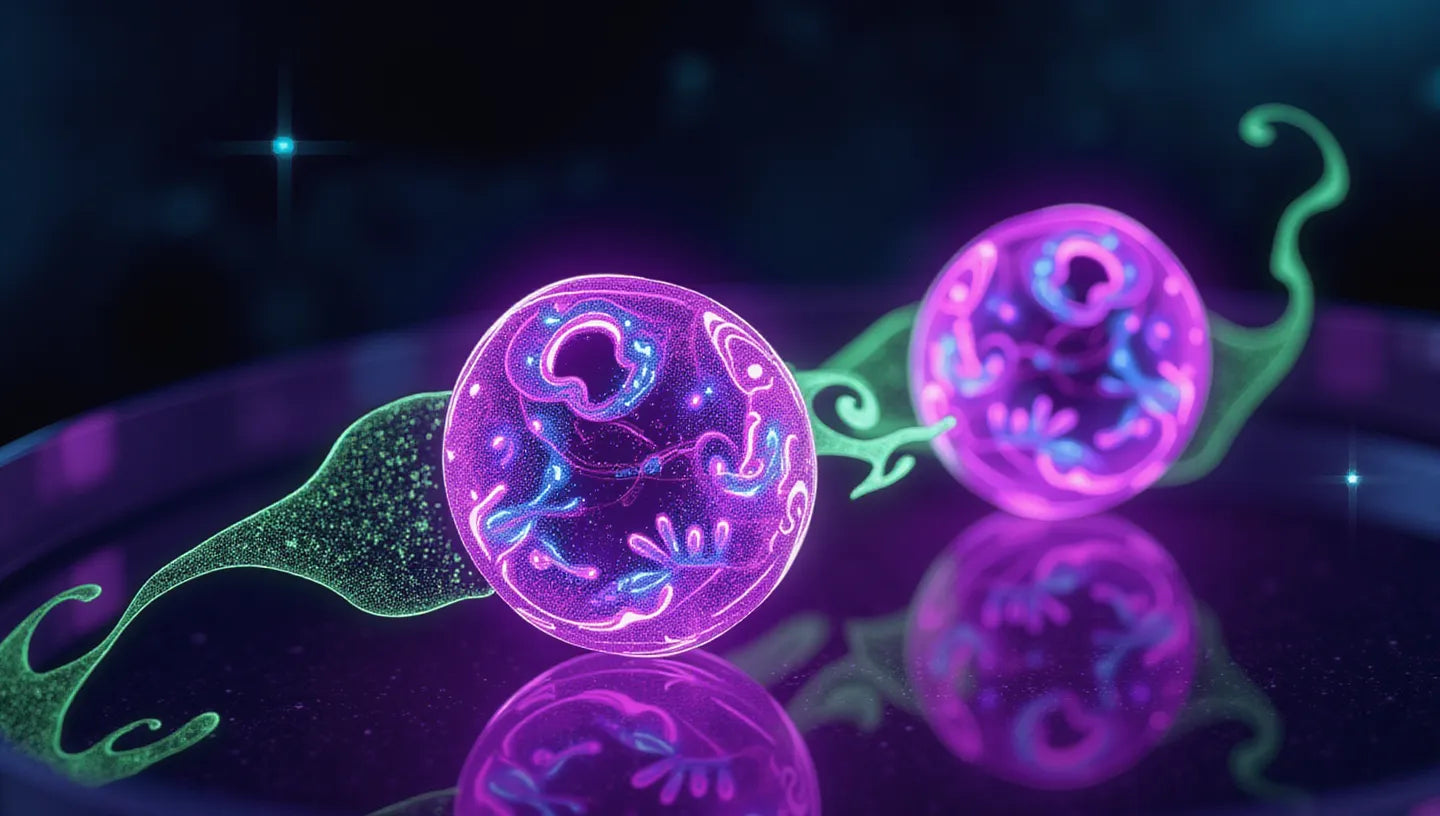
Karyogamy: What Happens During Nuclear Fusion?
Learn how karyogamy—the fusion of fungal nuclei—powers mushroom reproduction, boosts genetic diversity, and helps growers breed stronger, better strains.
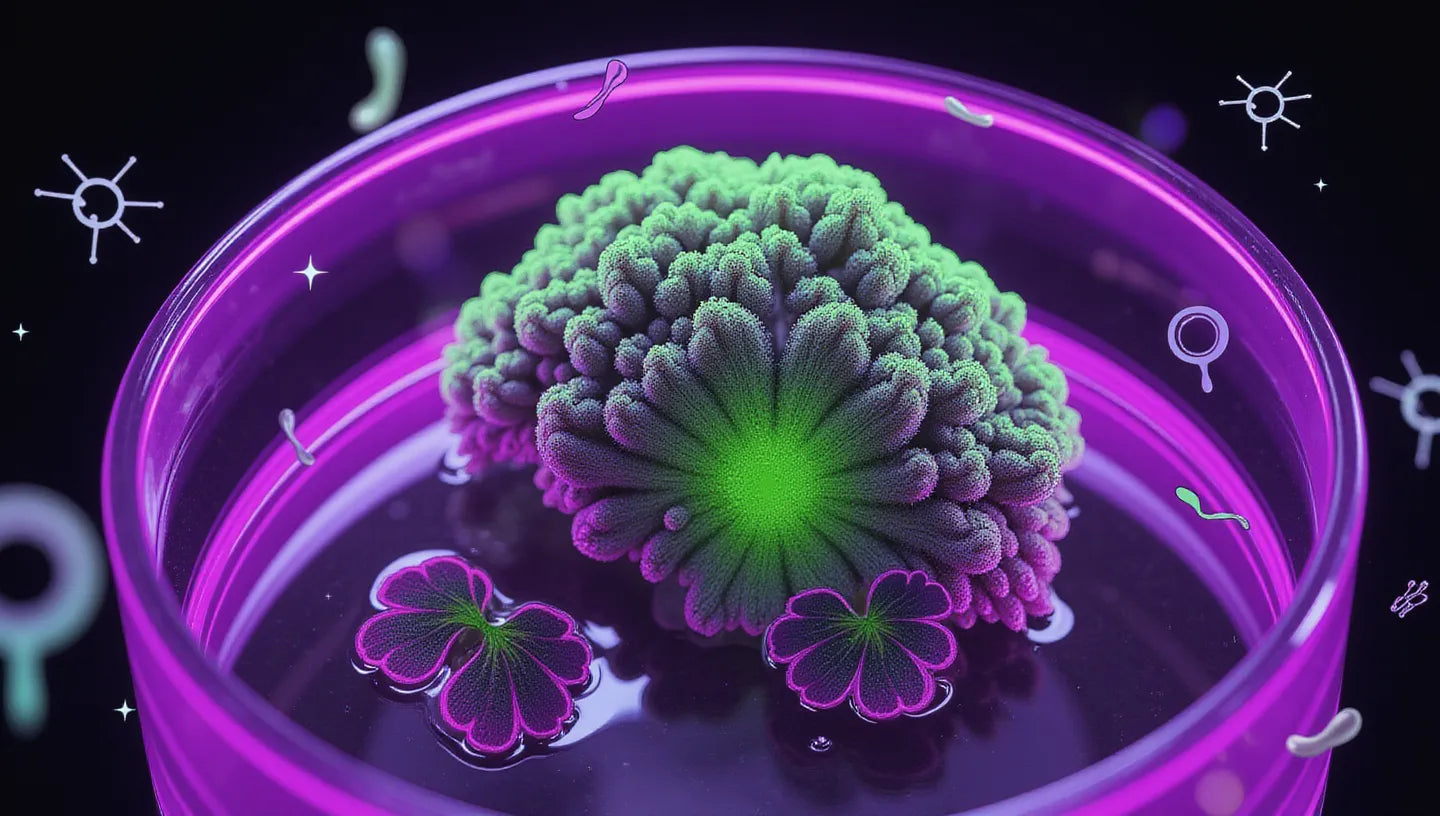
Imperfect Fungi (Fungi Imperfecti)
Explore the world of “imperfect fungi”—how asexual species were classified, redefined by DNA sequencing, and why they remain vital in medicine, biotech, and agriculture.
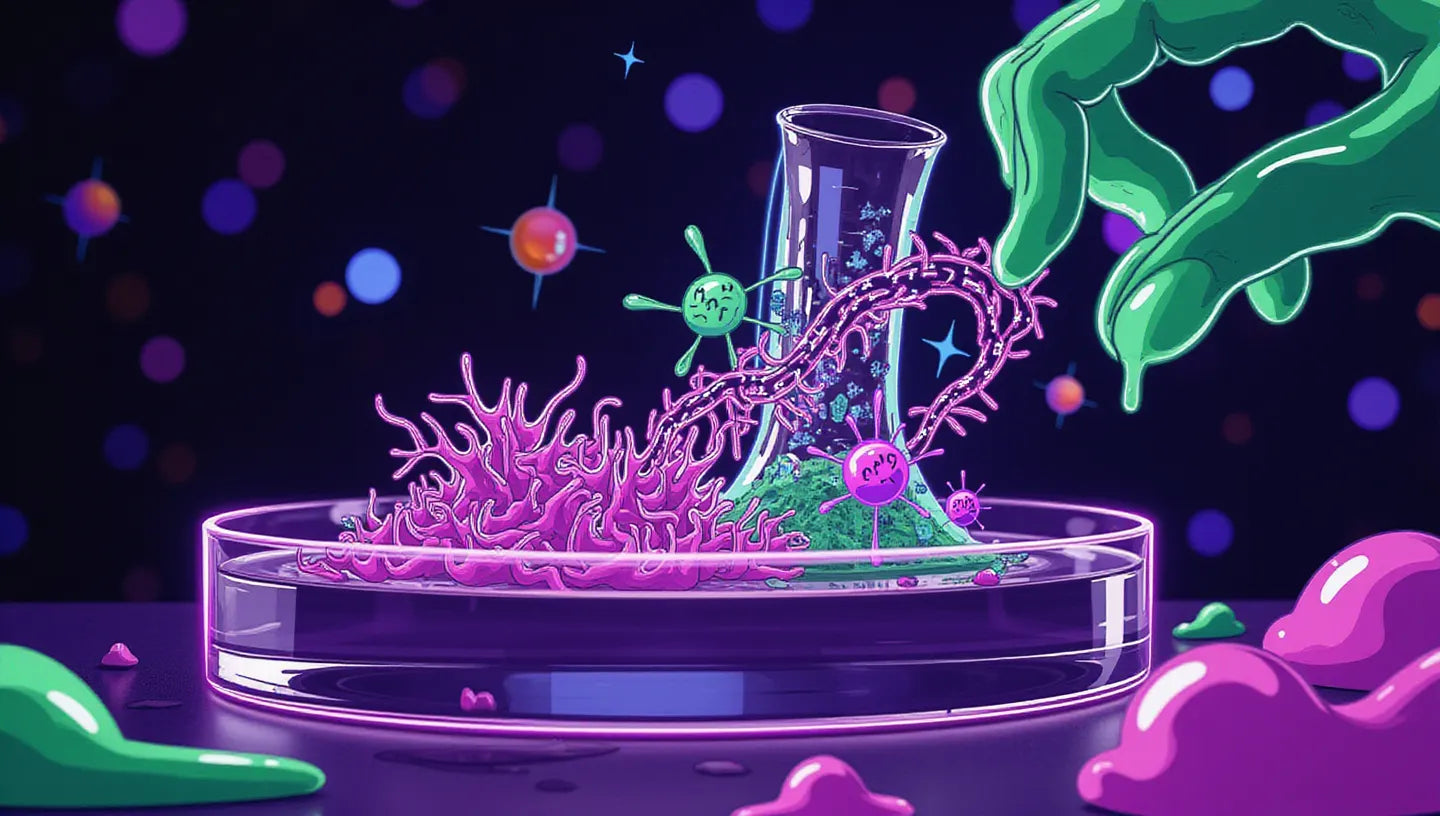
Host Range in Viruses: What Really Determines It?
Explore how viruses choose their hosts, what drives host jumps, and why mycoviruses matter for mushroom growers, agriculture, and fungal biotechnology.
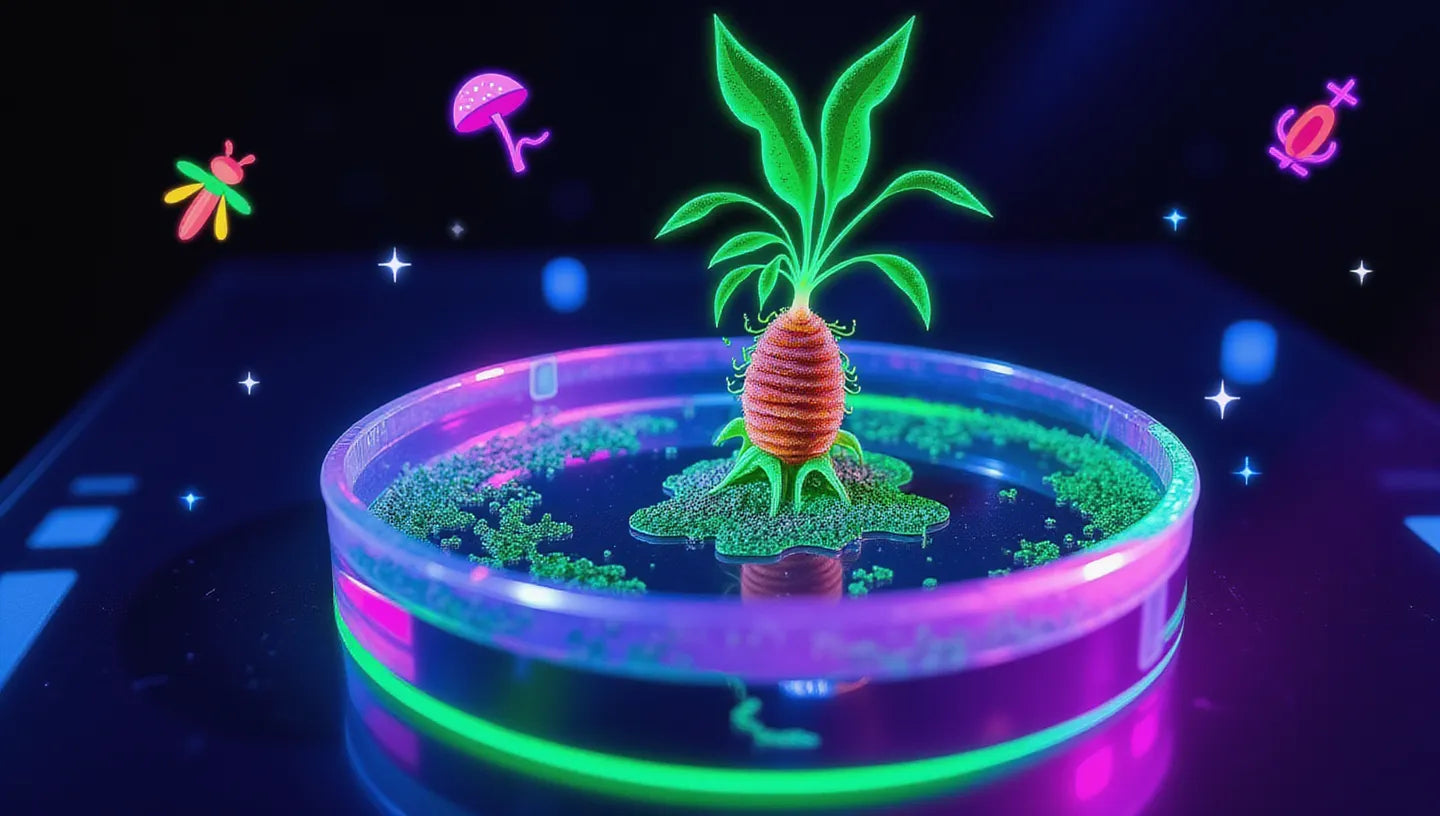
Host Specificity: How Important Is It?
Learn how fungal host specificity and parasite host range influence disease emergence, biocontrol safety, and eco-friendly fungal pest management strategies.

Basionym Meaning: What's the Difference from Protonym?
Learn what basionyms are, why fungal names change, and how understanding scientific names helps you avoid mislabeling, bad orders, and legal issues.

Sac Fungi: What Are Ascomycetes and Why Do They Matter?
Discover how sac fungi (Ascomycetes) power ecosystems, food, medicine, and biotech—from truffles and morels to yeasts, antibiotics, and lichens today worldwide.
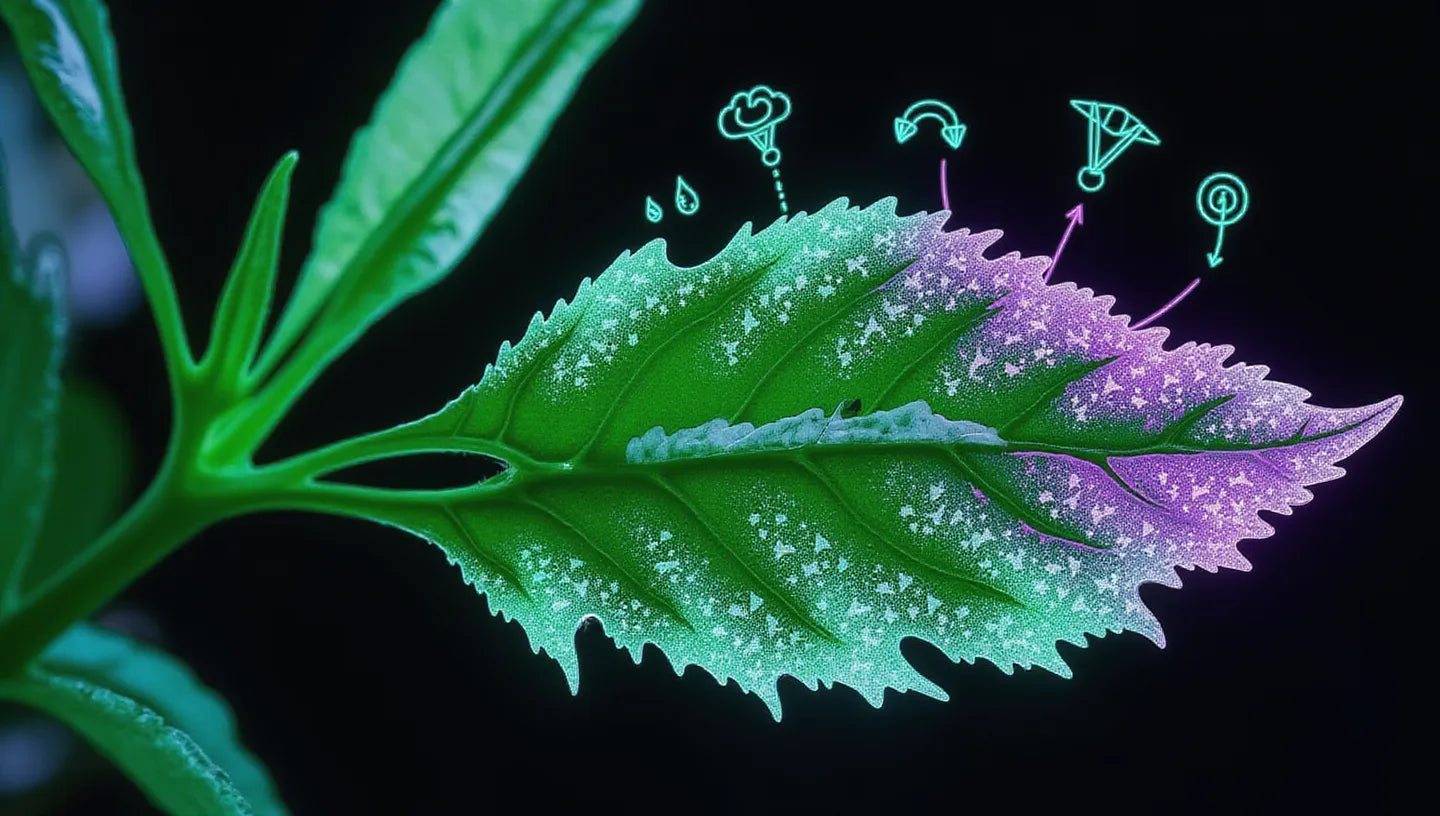
Areolate Mildew in Cotton: When Should You Treat?
Areolate mildew in cotton: early signs, ideal conditions for spread, treatment timing, resistant varieties, and key strategies to prevent yield loss.
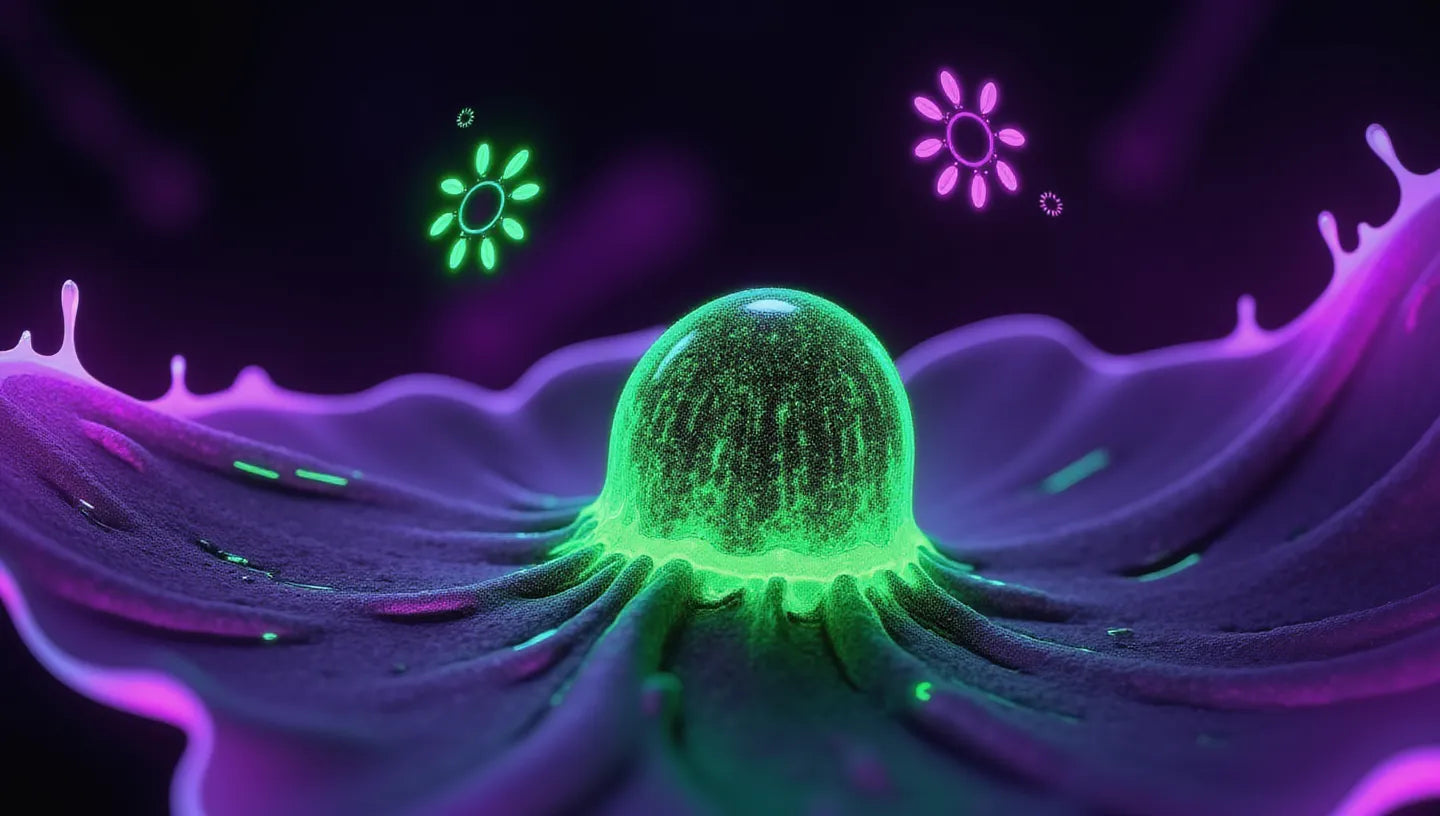
Appressorium: How Do Fungi Invade Host Cells?
Discover how fungal appressoria generate extreme pressure to punch into plants, drive major crop diseases worldwide, and inspire new CRISPR-based defenses.
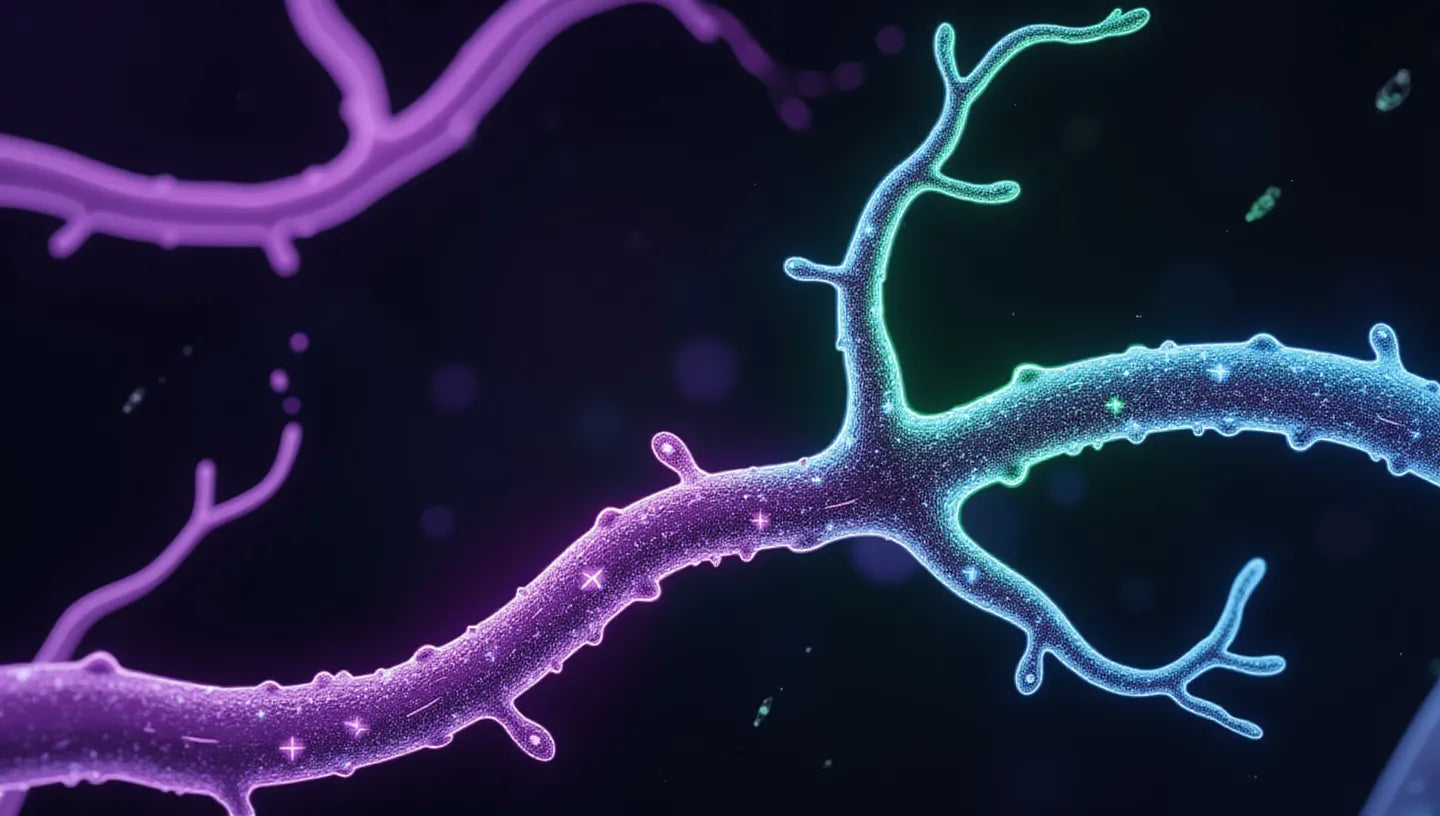
Anastomosis: What Does It Mean in Medicine and Beyond?
Explore anastomosis across medicine, fungi, rivers, and technology—how reconnection builds resilience, supports healing, and powers living networks.

